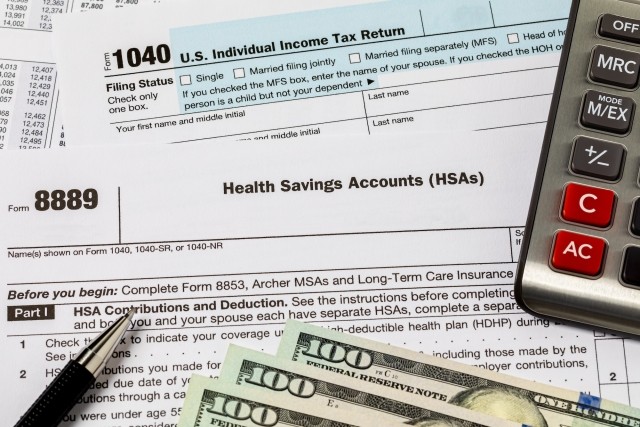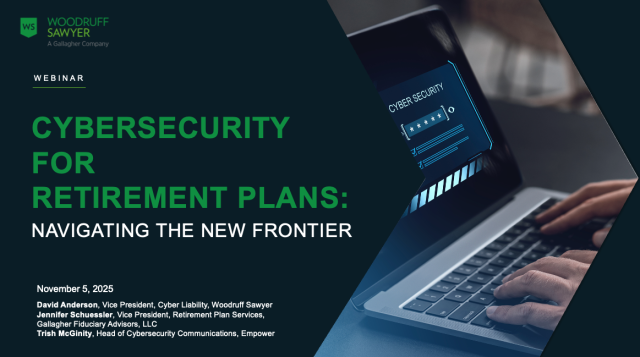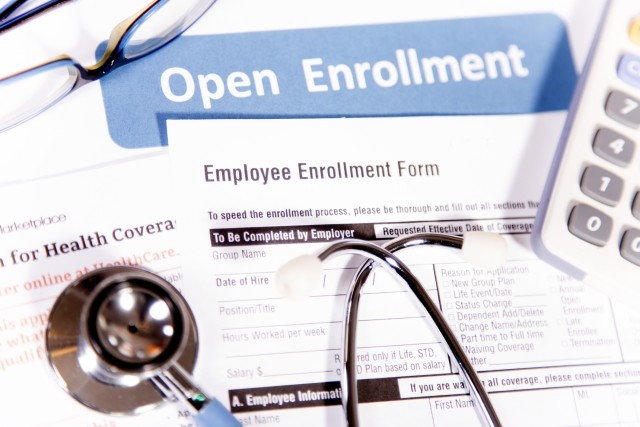Blog
IRS Issues Guidance on the Retroactive Tax Treatment of the Transit Benefit Limit Increase for 2015
Background
As announced in our December 2015 alert, the Consolidated Appropriations Act was passed to permanently create parity between the mass transit/commuter benefit (Transit Expenses) limit and the qualified parking benefit so that both limits under Code 132 are increased to $255 per month effective January 1, 2016. However, the Act also provided a retroactive increase to the 2015 Transit Expenses from $130 per month to $250 to match the monthly benefit maximum for qualified parking expenses, which left employers with many questions as to how to implement the increase for 2015.
In response, the IRS has published IRS Notice 2016-6 to answer how the increase applies for 2015 and what employers must do to reflect the retroactive transit limit increase. The Notice clarifies that:
- Employees may not retroactively increase their 2015 elections, meaning only employers who permitted employees to elect more than $130 for Transit Expenses on an after-tax basis in 2015 are affected.
- Employers are not required to provide additional transit benefits to their employees for 2015.
- Employees may not elect pretax transit benefits by more than $255 in 2016 to compensate them for having elected less than the permissible $250 amount in 2015.
In addition to the clarification above, the Notice provided the following action items:
- A special administrative procedure for employers to use if they have not yet filed their 4th quarter Form 941, the Quarterly Federal Tax Return (otherwise, they can use the normal administrative procedures explained below); and
- Guidance for filing/revising Forms W-2 to accurately reflect income and withholdings for employees who are affected by this change.
Important Note: The following refund, adjustment and reporting procedures apply only to employees who elected more than the previous maximum of $130 per month for 2015 transit expenses.
Refunds of Overpaid FICA
If employees elected more than $130 per month for Transit Expenses in 2015, the amount over $130 was paid with after-tax dollars and was subject to FICA taxes for Social Security and Medicare, including Additional Medicare. Now that the Transit Expense exclusion has been increased to $250 per month for 2015, employers must refund employees overpayments for FICA in 2015.
Employers Form 941 Quarterly Tax Returns
Special rule for employers who have not yet filed their final 4th quarter Form 941 for 2015
These employers can avoid filing a corrected Form 941-X for each quarter of 2015 by taking advantage of the special administrative procedure.
Under the special administrative procedure, the employer must:
- Repay or reimburse their employees the over-collected FICA tax and any Additional Medicare Tax for all 4 quarters in 2015 upon or before filing the 4th quarter Form 941.
- Reduce the amounts reported on lines 2, 5a, 5c, and 5d by the excess payments for all four quarters of 2015. The result of this is that employees will have less withheld in the 4th quarter of 2015 which will offset their overpayments in the first three quarters. This will also correct employers overpayments for withholdings.
- Reduce the last liability of the quarter reported (in Month 3 on line 14 or the last liability entry on Schedule B) by the amount of the tax reduction due to use of the special administrative procedure. Note that special procedures apply if the amount of the tax reduction exceeds the last liability of the quarter.
Rule for employers who have already filed their final 4th quarter Form 941 for 2015
If an employer has already filed its 4th quarter Form 941, the employer must refund the FICA overpayments to employees and file Form 941-X to report the adjustment or claim a refund for any overpayment in 2015. For this procedure, employers must obtain written statements from their employees confirming that each employee did not, and will not make a claim for a refund of over-collected FICA taxes.
Correcting Forms W-2
The Forms W-2 must also reflect any adjustments to employees taxable wages. Employers must take into account the increased exclusion from income (to $250/month) in calculating the wages reported in boxes 1, 3, and 5 of the 2015 Form W-2. Furthermore, employers that have repaid or reimbursed their employees for the over-collected FICA taxes (see below) must reduce the amounts of tax withheld reported in boxes 4 and 6 (if applicable) of the 2015 Form W-2.
The method for making the adjustments depend upon whether or not the employer has refunded overpayments before or after distributing W-2s:
- Employers that paid employees refunds for over-collected FICA taxes before providing Forms W-2s to their employees must correct the W-2s to correct their taxable wages.
- Employers that gave refunds to employees for over-collected FICA taxes after having furnished W-2s to their employees, but before filing W-2s with the Social Security Administration (SSA), must void the W-2s and prepare new W-2s (marked Corrected) which must then be provided for employees. Employers that have already filed 2015 Forms W-2 with the SSA must file Forms W-2c.
Summary
Employers must repay or reimburse employees for over-collected FICA taxes in 2015 and adjust/account for the retroactive exclusion limit increase accordingly. Employers who have not yet filed their 4th quarter Form 941 for 2015 have a little bit of time in which to make the necessary changes to take advantage of the special administrative procedures. Otherwise, they must file Form 941-X and use the normal procedures to make the adjustments for 2015. Fortunately, going forward the Transit Expense exclusion will be the same as the parking exclusion permanently, so these retroactive adjustments and corrections should not have to be repeated.
Table of Contents








